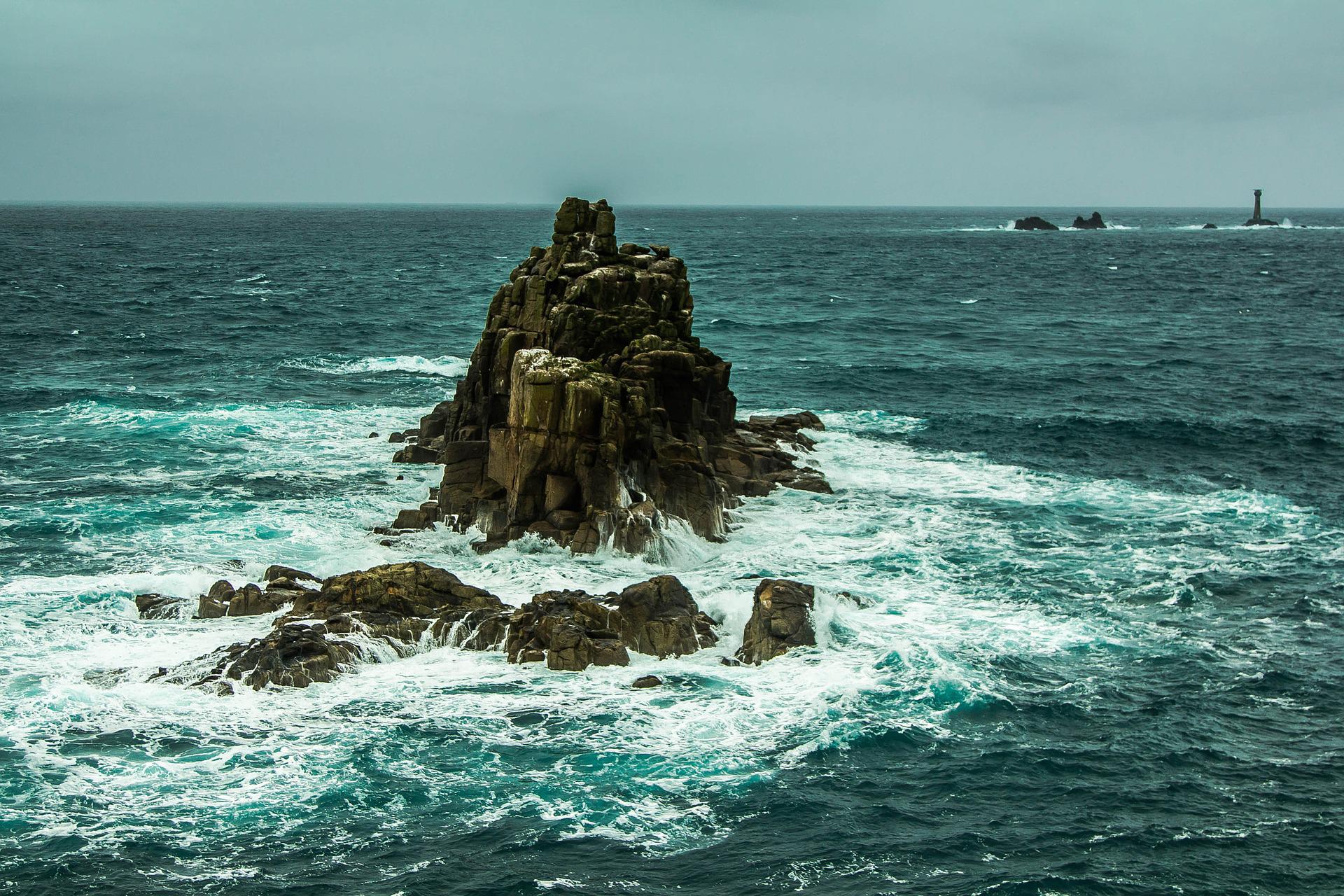
Te Whanganui-a-Tara – Legislation to help prevent serious criminal offending at sea, including trafficking of humans, drugs, wildlife and arms, has passed its third reading in parliament today.
New Zealand is the sixth largest island country in the world, with a land size of 268,710 km2. Its coastline is 15,000km long, about a third of the Australian coastline, making it the nineth longest in the world.
Aotearoa is a bit bigger than the size of the UK and a bit smaller than Japan but almost 36 times smaller than the size of the USA. It is about the size of California and about 75 percent of the size of Germany.
Its exclusive economic zone is an area of the ocean, generally extending 200 nautical miles beyond the territorial sea, within which a coastal nation has jurisdiction over both living and non-living resources.
The new legislation is a milestone in allowing New Zealand to respond to the increasingly dynamic and complex maritime security environment facing Aotearoa New Zealand.
Through the passing of the legislation, the country will be better equipped to keep the maritime environment secure against threats such as drugs trafficking, wildlife trafficking and human trafficking.
“Our extensive maritime domain and how we secure it, is critical to our national security and prosperity, especially given our ever increasing dependence on the sea for trade,” foreign affairs minister Nanaia Mahuta says.
The Maritime Powers Act gives police, the defence force, customs and the Department of Conservation the power to stop, board, search and detain ships in international waters, including New Zealand’s Exclusive Economic Zone, where they have reasonable grounds to suspect a serious criminal offence has been committed.
It also enables the detention and arrest of suspects and the return of a ship to New Zealand to be searched for evidence.
The Maritime Powers Act establishes a comprehensive regime that will enhance an ability to enforce New Zealand’s criminal law in international waters. It brings a consistency to domestic arrangements that has been previously lacking.
The powers in the Act are consistent with existing powers under New Zealand law, including the Bill of Rights Act and with New Zealand’s rights and obligations at international law.

